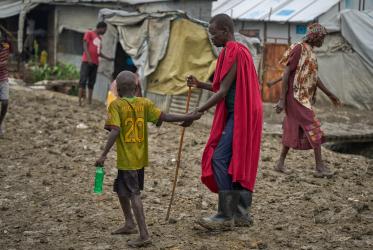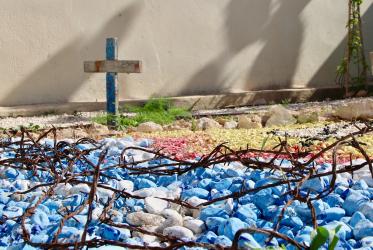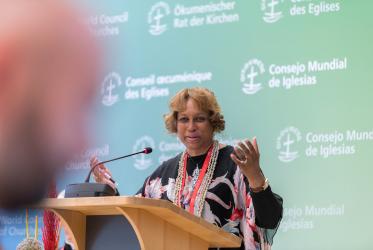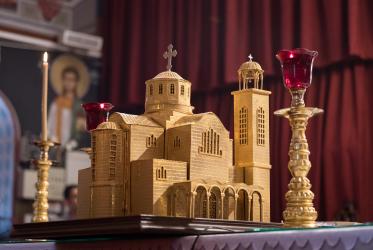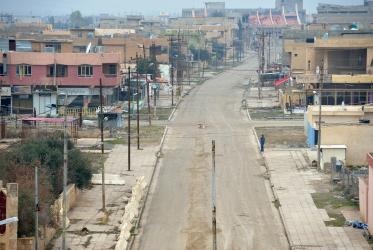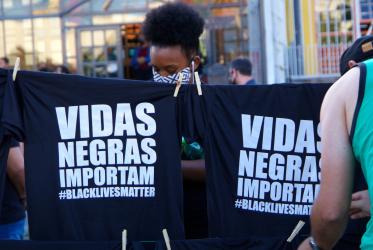Displaying 1 - 20 of 63
WCC offers input to the UN New Agenda for Peace
13 April 2023
Easter Initiative Bible Study: Solidarity Is Sacred
14 March 2022
WCC honoured with Geneva Engage Award
01 February 2022
Webinar explores intersection of debt cancellation and anti-racism
09 December 2021


